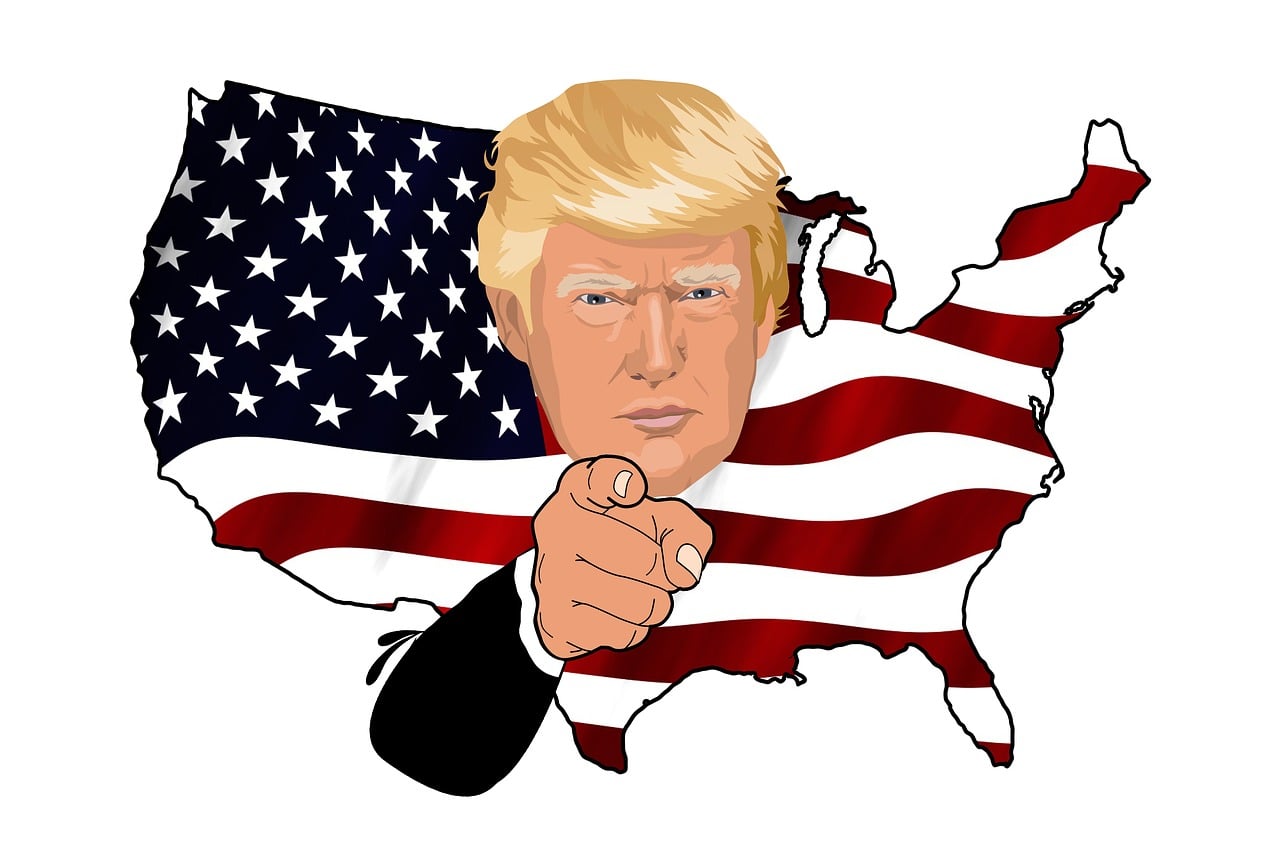President Trump’s latest verbal faux pas has offended many Americans, especially the disabled. Hosting several team members after the Paralympic Games, he admitted that “As I watched – it’s a little tough to watch too much – but I watched as much as I could.”
Q1 hedge fund letters, conference, scoops etc
One would think that after very cruelly mocking the speech and bodily motions of a disabled reporter during his presidential campaign – a man who had cerebral palsy -- he would be especially careful not to give offense when he addressed members of the American Paralympic team.
Why was viewing their performance so painful to the president that he could not watch for very long? Were these words meant to insult the team, and by extension, millions of Americans who have disabilities? And did the president even have a clue how his words might have sounded, especially to this audience?
Back in 1969, the Democratic Party nominee for mayor, Mario Procaccino, was also well known for making very offensive remarks.
These two were most widely quoted:
Addressing an African-American audience, Procaccino stated, “My heart is as black as yours.”
He also said that his running mate, Francis X. Smith, “grows on you like a cancer.”
OK, you decide: Was the man trying to offend?
Now, let us return to President Trump’s remarks to the American Paralympic team. Here is the paragraph which provides the context of his offensive phrasing.
“What happened with the Paralympics was so incredible and so inspiring to me. And I watched – it’s a little tough to watch too much – but I watched as much as I could.”
You can, of course, conclude that he was being condescending, if only subconsciously, and perhaps you’d be right. But surely the president seemed completely unaware of the hurt he had caused.
We do know that Trump thought that there was nothing wrong with mocking a man with cerebral palsy. So was he also mocking the Paralympians by saying that it was painful to watch them perform?
Given the context of his remarks, I would say that in this particular instance, he did not mean to be hurtful, even though his remarks could easily be taken that way.
Perhaps a much simpler analysis is called for. Like the late Mario Pracaccino, Donald Trump has sometimes managed to give offense without even meaning to. And because of the vast number of ad hominem attacks the president has made, it is sometimes hard to tell when an offensive remark is not intended to be hurtful.
About the Author
Steve Slavin has a PhD in economics from NYU, and taught for over thirty years at Brooklyn College, New York Institute of Technology, and New Jersey’s Union County College. He has written sixteen math and economics books including a widely used introductory economics textbook now in its eleventh edition (McGraw-Hill) and The Great American Economy (Prometheus Books) which was published in August.





